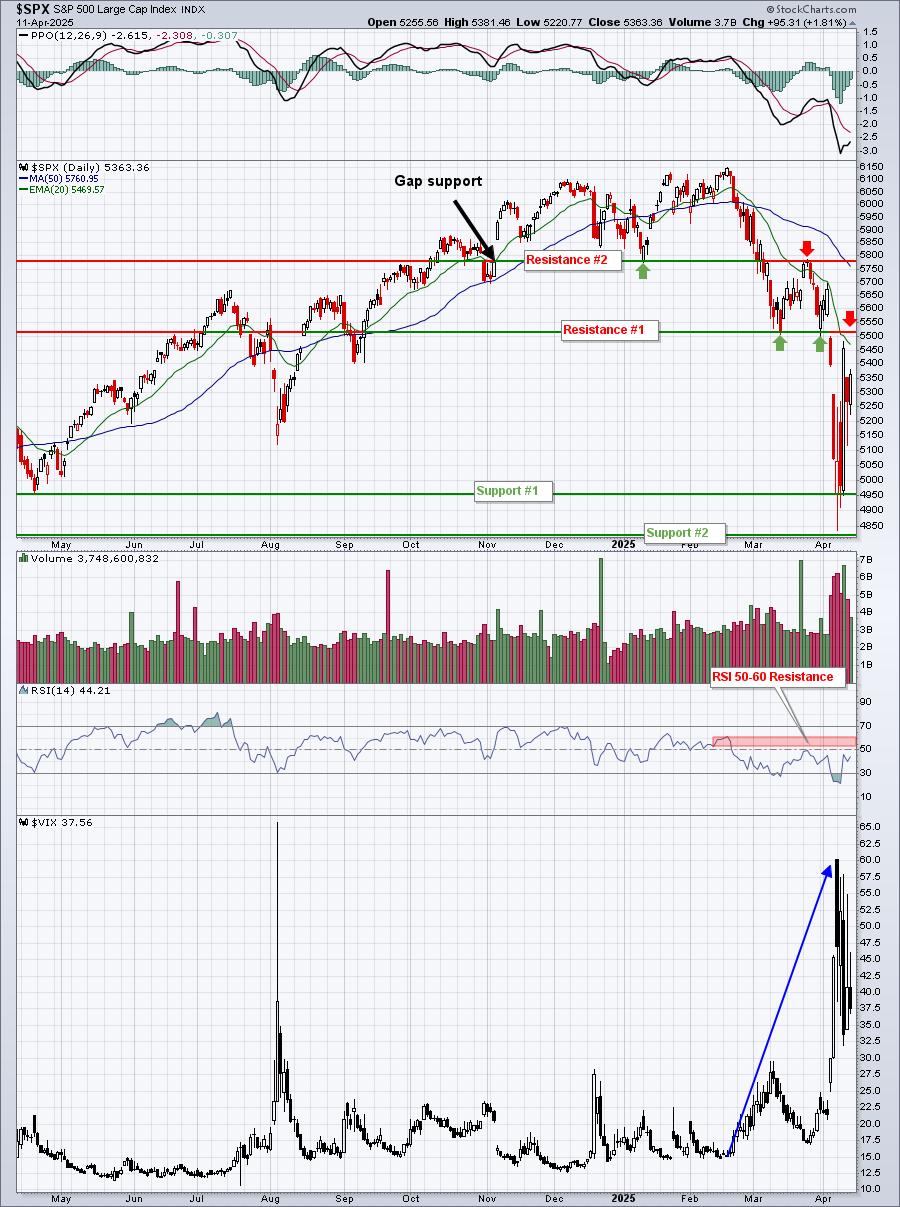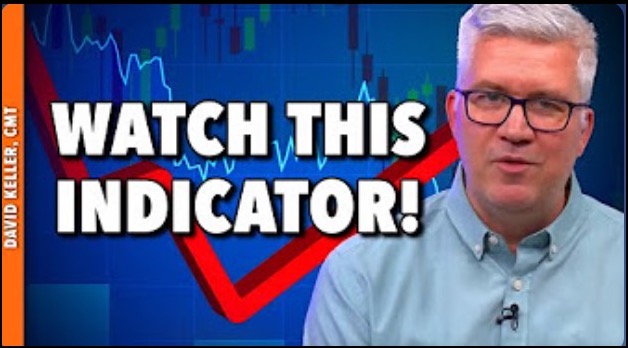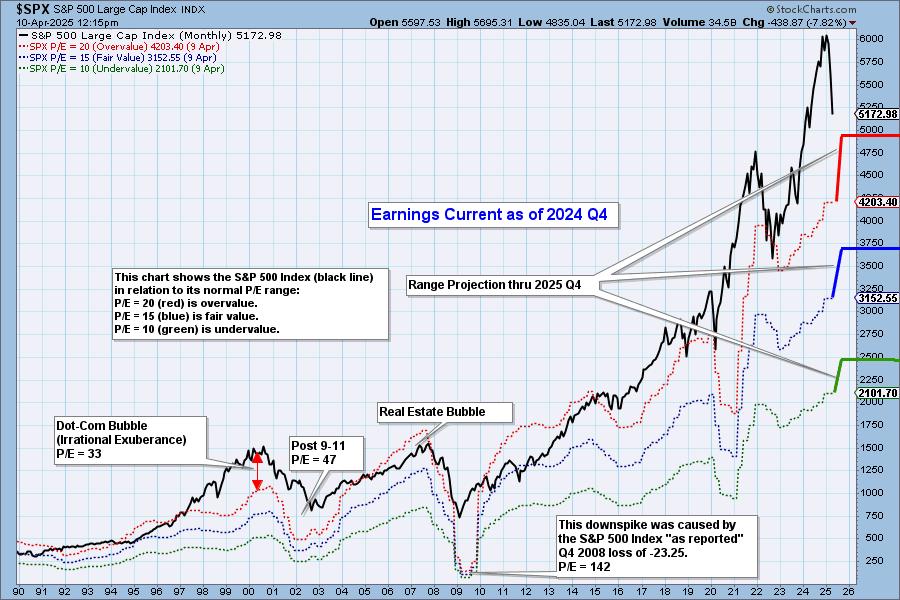When considering this question, I believe the correlation indicator tells us most of what we need to know. After all, we're pondering which global market movements tend to be reflected in similar movements in the U.S. market. For purposes of the U.S. market, I'll focus on the benchmark S&P 500. Correlation measures how two asset classes, indices, sectors, stocks, etc. move in relation to one another. Positive correlation suggests that the two move similarly, while negative correlation would suggest the opposite. The time period used is a variable as is the degree of positive or negative correlation.
In the chart below, I've compared the S&P 500 to three key European indices - German DAX ($DAX), London Financial Times ($FTSE) and French CAC 40 ($CAC) - and three key Asian indices - China Shanghai Composite ($SSEC), Hong Kong Hang Seng ($HSI) and Tokyo Nikkei ($NIKK):
 Readings between 0 and 1 suggest there's a degree of positive correlation. The higher the number (and closer to 1), the higher degree of positive correlation. Readings between 0 and -1 suggest there's a degree of negative correlation. The lower the number (and closer to -1), the higher degree of negative correlation.
Readings between 0 and 1 suggest there's a degree of positive correlation. The higher the number (and closer to 1), the higher degree of positive correlation. Readings between 0 and -1 suggest there's a degree of negative correlation. The lower the number (and closer to -1), the higher degree of negative correlation.
From the above chart, it seems fairly obvious to me that European stock markets tend to more positively correlate with the S&P 500, while it's more of a crap shoot in Asia. China's Shanghai Composite ($SSEC) seems to move almost randomly when compared to the S&P 500.
What conclusions should we draw from this chart? Well, perhaps the biggest takeaway is that when CNBC tries to blame U.S. performance on an Asian development, take it with a grain of salt. This 25 year chart tells me there's very little correlation between stock market performance in the U.S. and China. Instead, pay much more attention to the financial and economic happenings in Europe as they clearly have a much bigger impact here in the U.S.
So that brings us to the "why" question. Why do European markets correlate so much closer to the U.S. market? As a technician, I honestly don't really care about the "why" questions. I'll leave that to the fundamentalists to debate. What I care about is price action and 25 years' worth of charting tells me to watch Europe much more closely than Asia in determining what might happen in the U.S.
Happy trading!
Tom






